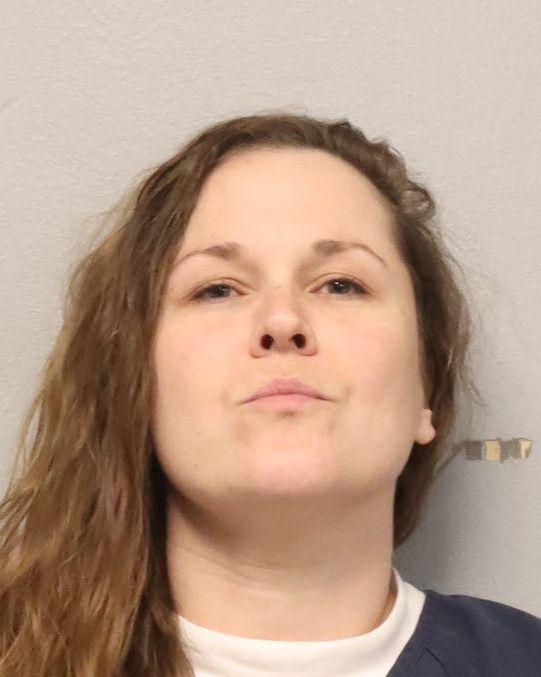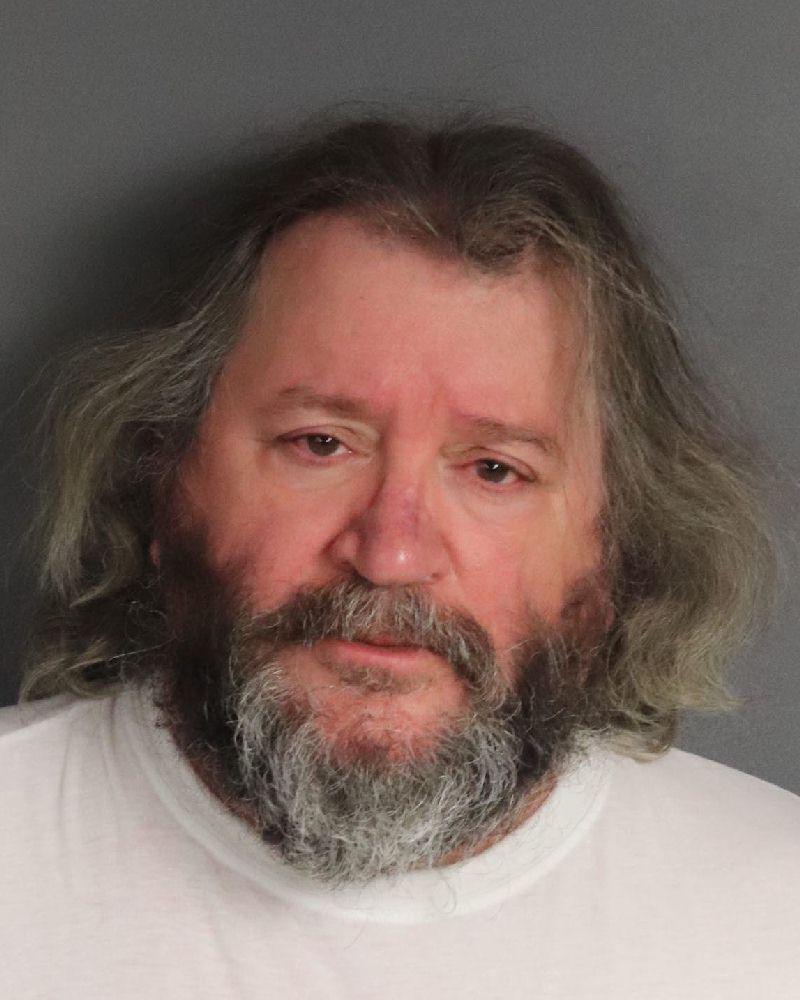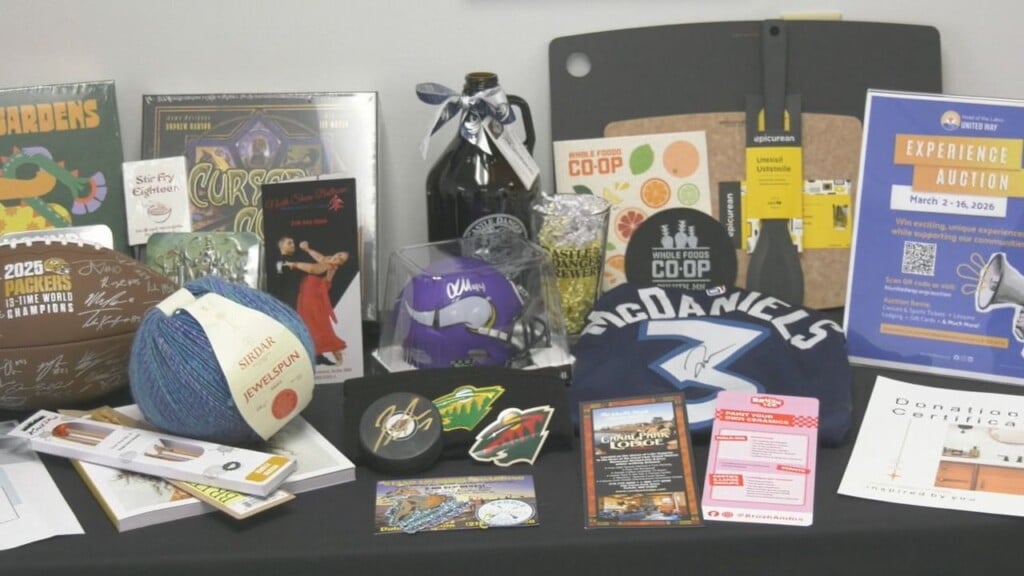Marijuana Legalization Closer In Minnesota As Conference Committee Wraps Up Work
ST. PAUL, Minn. (FOX 9) – Cannabis is almost assuredly coming to Minnesota, with lawmakers signing off Friday morning on a final version of the bill legalizing recreational marijuana.
Among the proposals the conference committee agreed on in its final meeting is the tax rate and distribution between the state and local governments.
“Gross receipts tax will be 10%,” Rep. Zack Stephenson, DFL-Coon Rapids, and House chair of the committee, told FOX 9. “20% of that tax revenue will be distributed to cities and counties.”
The state’s share is designed to build and maintain the Office of Cannabis Management. But buying marijuana from a licensed dispensary is still a ways away. Sen. Lindsey Port, DFL-Burnsville, said getting the state licensing operation up and running before issuing retail licenses will likely take 12 to 16 months.
Regulations and enforcing dispensary compliance are expected to result in extra costs for counties across the state as well.
Local governments got a little more zoning control through the conference committee’s work, but they cannot completely disallow retail operations. The final version of the bill allows for a quota of no fewer than one dispensary allowed per 12,500 people. But cities can keep those away from schools, parks, rec centers, and some other locations.
The 10 members of the committee – eight Democrats and two Republicans – previously agreed to a personal possession limit of two pounds of flower per consumer over 21 years old. A previous House version allowed 1.5 pounds, while a Senate version provided a 5-pound allowance, including homegrown plants.
The final version of the bill also decriminalizes marijuana possession and would automatically expunge previous marijuana possession charges as soon as Aug. 1. It also allows certain people convicted of marijuana sales to petition for expungement, but does not make it automatic.
The law would also make possession and home growing legal as of Aug. 1, but taking seeds or flower across state lines is likely still illegal under federal law.
Republicans on the committee wanted to do more to protect the hemp industry that has grown over the last year since the legislature legalize low-dose edibles, but that work will likely have to wait.
The conference committee’s staff will now complete a report later Tuesday or Wednesday. Floor votes could come as soon as 12 hours after the report is issued.








